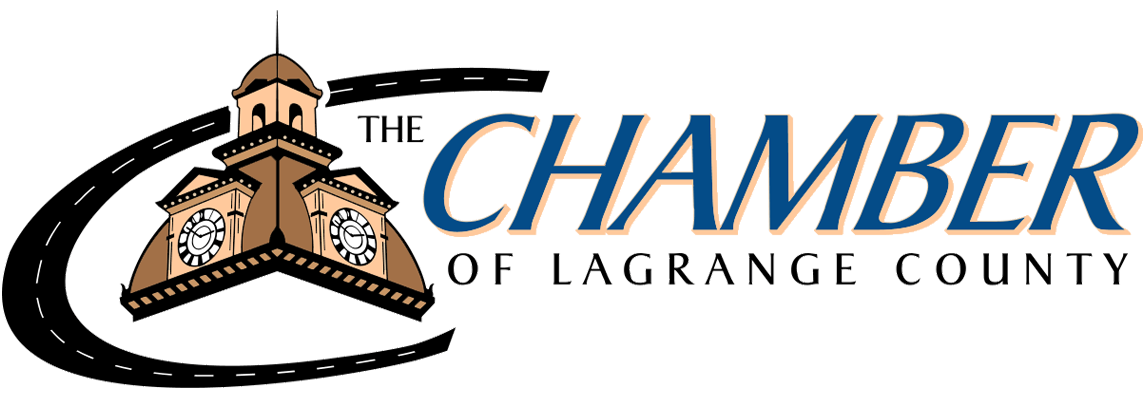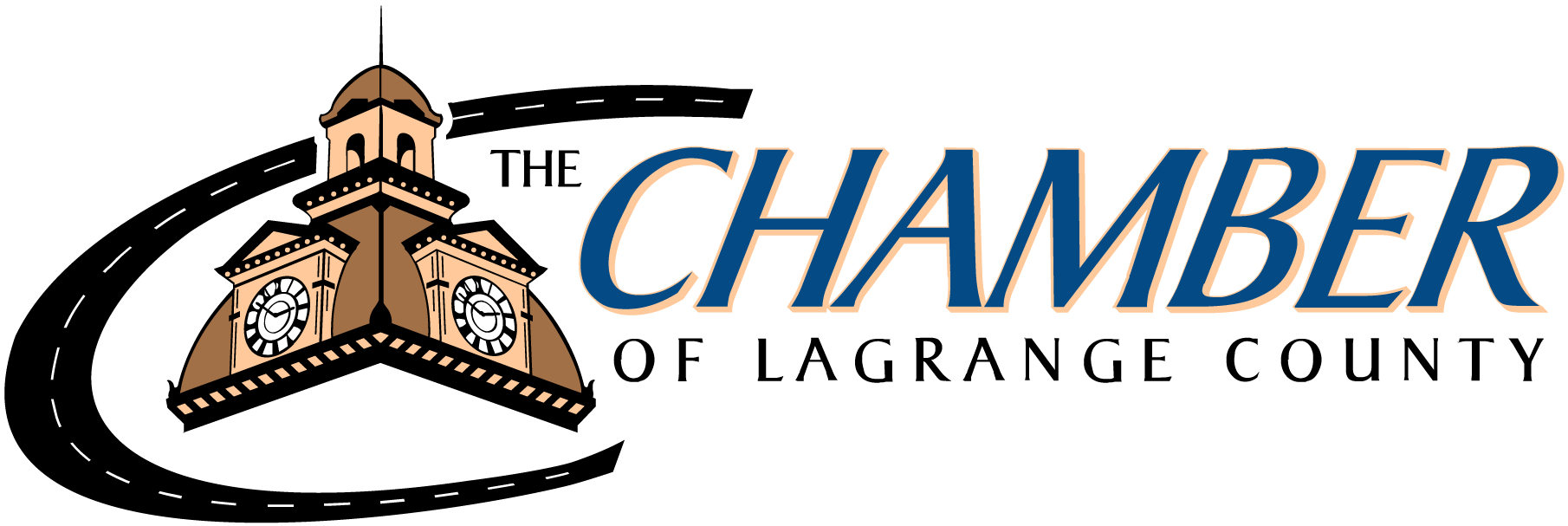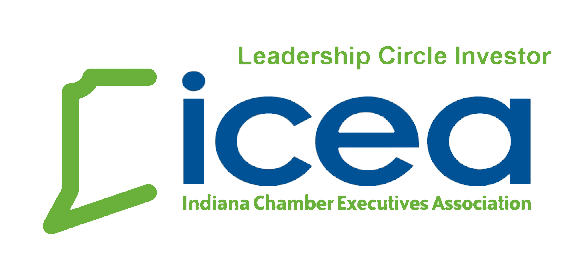Legislative Report - April 4th
Chamber Supports Key Healthcare Reforms in Legislation
HB 1003 / Chamber Supports
The Senate Health and Provider Services Committee adopted several amendments to House Bill 1003, authored by Rep. Brad Barrett (R-Richmond), this week, addressing concerns previously raised by the Indiana Chamber. The committee unanimously approved the amended version of the bill, which now goes to the Senate Appropriations Committee for further consideration. The Chamber issued a statement yesterday in support of the revised legislation.
As amended, HB 1003 includes practical reforms to the prior authorization process by preventing the rescission of previously approved authorizations, requiring clinical peer review of denials and improving transparency around requirements and clinical criteria. These changes aim to improve consistency and reduce delays in care.
The bill also establishes a provisional credentialing framework for fully licensed physicians. Under this provision, physicians can begin treating patients for up to 60 days while their full credentialing is processed. This measure will improve workforce mobility and reduce onboarding delays for new providers.
Additionally, HB 1003 updates Indiana’s right-to-try law to permit the use of individualized investigational treatments for patients with serious or life-threatening conditions, subject to physician approval and informed consent.
The bill also includes provisions related to the site of service, ensuring that billing and reimbursement more accurately reflect the setting in which care is delivered. These changes build on reforms enacted in previous sessions and aim to align charges with the actual site of care without disrupting existing payment models. Maintaining and refining these provisions remains essential to the broader effort to improve cost transparency and consistency.
Several controversial provisions were removed from the bill during the amendment process. These include language related to the federal 340B drug pricing program and proposed restrictions on contracting terms between insurers and providers. Removing these sections helps maintain flexibility in private negotiations while preserving the bill’s objectives.
The Chamber urges members to contact their state senators and ask them to support the amended version of HB 1003. These reforms are critical to improving administrative efficiency, supporting provider access and enhancing transparency across Indiana’s healthcare system.
Governor Announces Diploma Partnerships
Governor Mike Braun and Secretary of Education Katie Jenner announced partnerships for implementing the state’s new high school diploma and the three seal pathways on Wednesday. Students graduating with an honors plus enrollment seal (i.e., qualifying the student for higher education) will be automatically accepted at any state public college or university. The Indiana Chamber is a partnering organization in the employment honors plus seal, recruiting businesses across the state to provide work-based learning and career opportunities for these students.
The Chamber released a statement Wednesday with words of support from Indiana Chamber President and CEO Vanessa Green Sinders:
“This is exactly the type of innovative, bold step that the state needs to take to help ensure Indiana has a robust talent pipeline in place. The guarantees offered by the honors plus readiness seals will foster deeper connections among Hoosier students, universities and potential employers, leading to greater retention of graduates in the state.
“The Indiana Chamber is pleased to be part of the effort in working with employers to promote and provide work-based learning opportunities, as well as act as a convener to highlight employer and workforce demands for the jobs of today and the future. We applaud Governor Braun and Secretary Jenner for implementing this program and see the potential for it to be a real difference-maker.”
Senate Panel Advances Major Fiscal Bill; Business Impacts Mixed
HB 1427 / Chamber Neutral
House Bill 1427, authored by Rep. Craig Snow (R-Warsaw), advanced out of the Senate Tax and Fiscal Policy Committee this week on an 8-5 vote following the adoption of a 117-page committee amendment. Senator Ryan Mishler (R-Mishawaka), chair of the Senate Appropriations Committee, voted "no." During the hearing, Mishler criticized the addition of language to establish new “professional sports and convention development areas," saying it bypassed the budget process. “I feel like they just circumvented the system and went around and just threw it in a bill,” he said, asking which lawmaker requested the provision.
The language is tailored to apply only in counties where four cities each have populations over 40,000. At present, only Hamilton County meets that criteria. Mishler’s remarks appear to reference ongoing efforts in Hamilton County, where cities like Noblesville and Westfield are advocating for expanded funding tools to support athletic and event facilities.
House Bill 1427 also includes provisions directly impacting the business community. Beginning in 2026, the bill would impose a $5 filing fee for each personal property tax return submitted via the state’s online portal. While the fee is waived for filers claiming only the small business exemption, it would apply to businesses with larger or more complex filings. The Chamber has raised concerns about the cumulative impact of this new fee, particularly for capital-intensive businesses filing in multiple jurisdictions.
On the other hand, the bill includes a measure strongly supported by the Chamber: a new property tax exemption for employers that provide on-site, licensed childcare. The facility must be located on the employer’s property, meet state licensing standards and serve employees’ children to qualify. The exemption also applies to facilities operated under agreements with other businesses to serve their combined workforce. This provision supports workforce participation and aligns with employer-led solutions to expand early childhood education access.
Additional sections of the bill update contract transparency requirements, adjust procedures for land value appeals and expand local food and beverage tax options.
Marijuana-Related Legislation Under Consideration SB 478 / Chamber Supports
Senate Bill 478, authored by Sen. Travis Holdman (R-Markle) and sponsored by Rep. Jake Teshka (R-North Liberty), is not marijuana legislation per se, but it does address Indiana’s hemp marketplace.
If you have been inside an Indiana gas station or convenience store recently, you have likely seen products that advertise as containing delta-8 tetrahydrocannabinol (THC). However, these products are essentially unregulated, and the goal of SB 478 is to establish the appropriate guardrails for the industry.
Delta-8 THC is an isomer of delta-9 THC, which is the major psychoactive component in marijuana. It's also a chemical compound produced from hemp, a species of plant in the cannabis family, and is psychoactive. However, users describe delta-8’s effects as weaker than delta-9 THC. In Indiana, a product is considered legal if it contains delta-8 THC or less than 0.3% delta-9 THC by dry weight.
Indiana’s hemp market is driven by strong consumer demand and has been growing ever since the 2018 passages of the federal farm bill and the Indiana General Assembly’s Senate Enrolled Act 52. In the nearly six years since these laws opened the door to selling delta-8 products, the marijuana-like drug has grown into a billion-dollar Hoosier industry.
However, an investigation by the Indiana State Police found that numerous delta-8 products sold across the state have more delta-9 THC than is legally allowed in low THC hemp extracts, despite being sold in packaging that claims the products are within the legal limits. And, because the market is essentially unregulated, anyone – of any age – can purchase these products.
While the Chamber remains opposed to the legalization of marijuana, it contends that legal safeguards should be established for THC products that fall into the “gray area” (i.e., products that are technically legal in Indiana but are psychoactive).
Some opponents of SB 478 contend the legislation will enable retailers to sell products with too much delta-8 or delta-10 (another legal THC variation) in the package. However, the Chamber is more concerned that regulatory measures are put in place to rein in an industry that currently has no limit as to what goes into the packages of THC products they sell.
Senate Bill 478 addresses several key consumer safety concerns. First, it restricts the sale of certain hemp products to adults 21 years and older. Second, it requires businesses to obtain certain licenses from the Alcohol and Tobacco Commission (ATC) prior to engaging in commerce after December 31, 2025. Third, it requires the ATC to regulate the packaging, advertising and marketing of hemp products. Finally, it provides clarity to law enforcement, businesses and consumers about how these products can be marketed, packaged and sold.
The House Ways and Means Committee passed SB 478 on Wednesday after adding a 15% excise tax, which would be on top of a 7% sales tax already applied to these products. The amended bill passed the committee 22-1, with the lone “no" vote coming from Rep. Ed DeLaney (D-Indianapolis). DeLaney voted “no” because he refuses to be “half serious” with the issue of marijuana and THC enforcement. He stated in his dissent that Indiana should “just legalize marijuana and tax it.”
The bill proceeds to the full House floor next week, where the discourse is likely to be about marijuana legalization just as much as the bill itself.
Deadlines Loom for Major K-12 MeasuresHB 1002, HB 1634, SB 365 and SB 448 / Chamber Supports
This week, the Senate Appropriations Committee approved Chamber-supported House Bill 1002, authored by Rep. Bob Behning (R-Indianapolis), the first bill in a multi-year school deregulation effort, and House Bill 1634, authored by Rep. Jake Teshka (R-North Liberty), aimed at a real focus on improving math instruction, elementary student screening and early intervention programs.
Senate Bill 365, authored by Sen. Jeff Raatz (R-Richmond), modifying and improving Indiana’s career coaching program and associated fund, passed the House on Thursday.
With just three weeks left in the legislative session and next week’s deadline for final committee action, significant K-12 education and workforce bills are up against hard deadlines.
Chamber-supported Senate Bill 448, authored by Sen. Greg Goode (R-Terre Haute), aims to align a complicated web of postsecondary education and training programs, while also developing important market-driven stackable credentials and training qualification.
Also, several amendments in Senate 373, authored by Sen. Raatz, and other bills await action in committee to create pilots for mastery-based education, centralized school facilities and student transportation planning, as well as the creation of the Indianapolis Local Education Alliance in the Indianapolis Public Schools district.





